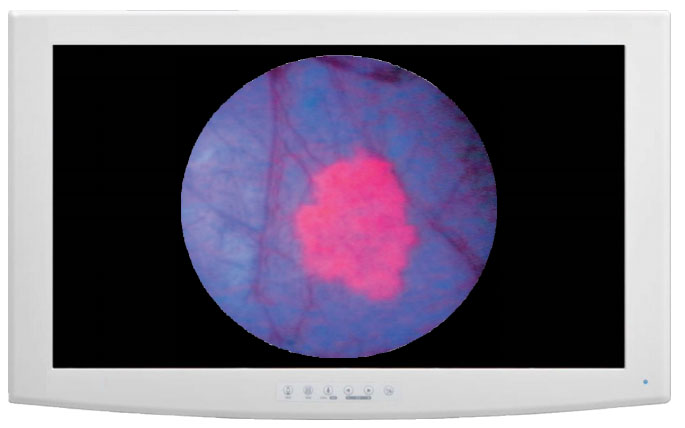
The biotech industry is hoping the Supreme Court will do what Congress hasn't been able to do—give companies a fighting chance against class-action shareholder lawsuits claiming "fraud on the market."
The high court said Monday it would take up Amgen Inc. v. Connecticut Retirement Plans and Trust Funds, in which Amgen is appealing a decision from the U.S. Court of Appeals for the 9th Circuit that upheld a federal district court's refusal to hear evidence rebutting fraud-on-the-market claims involving erythropoietins before it certified a class in the shareholder lawsuit.
The fundamental premise of a fraud-on-the-market case is that a misrepresentation distorted the stock price. "No individual investor is actually defrauded by the statements," Richard Samp, chief counsel for the Washington Legal Foundation (WLF), told BioWorld Today. The theory is that the market as a whole was defrauded, so shareholders should be certified as a class and allowed to bring a class-action suit against the company.
The WLF filed an amicus brief in Amgen, urging the Supreme Court to grant certiorari because of a split in the circuit courts as to whether companies accused of stock fraud should be permitted to challenge class certification by demonstrating the market did not rely on the alleged misrepresentations because they weren't material. (See BioWorld Today, April 9, 2012.)
Two similar briefs were filed by the U.S. Chamber of Commerce/Pharmaceutical Research and Manufacturers of America, and a group of law professors and former SEC commissioners and officials.
Whether a statement is considered material depends on how significant it is and if it is new information, said Matthew O'Hara, a partner in the business litigation practice at Hinshaw & Culbertson LLP.
In Amgen, the plaintiffs alleged that the biotech engaged in fraud on the market when it issued misleading statements about the safety of anemia drugs Epogen (epoetin alfa) and Aranesp (darbepoetin alfa) between 2004 and 2007, thus inflating the value of its stock. When the "truth" was disclosed in 2007, the price of the stock fell, according to the shareholders.
Amgen submitted evidence that, during the four-year period, the market was well aware of potential safety concerns with the anemia drugs, but the district court refused to consider that evidence before certifying the class.
In agreeing with the lower court, the 9th Circuit joined the 7th in ruling that whether specific information is material to a company's share price is a merits question that shouldn't be considered as part of class certification.
"The 9th Circuit's decision unleashes the considerable in terrorem power of class certification to compel settlement of even questionable claims without any meaningful inquiry into materialism or reliance," the former SEC officials said in their brief.
In the 2nd and 5th Circuits, shareholders must demonstrate the materiality of the information before a class action can be certified. The 3rd Circuit takes a middle-ground approach. While it doesn't require the plaintiffs to prove materiality, it gives the defendants an opportunity to defeat class certification by showing the statements weren't material.
When it comes, the Supreme Court decision in Amgen could impact industry beyond the biotech field, Samp said. If courts can certify class actions without considering materiality evidence, it would lead to an automatic certification of all alleged fraud-on-the-market shareholder suits, he added.
And the increased pressure to settle could result in bigger settlements, O'Hara told BioWorld Today.
Currently, the first step in fighting a fraud-on-the-market case is to get it dismissed. If that doesn't happen, a company's next step is to oppose class certification. Failing that, "settlement is a highly likely result," O'Hara said.
If the Supreme Court decides that materiality should be considered as part of class certification, it would hand industry a "potent weapon" to defend against shareholder suits, O'Hara said, especially if the plaintiffs have to bear the burden of proving a company's alleged misrepresentations affected the stock price.
Such a decision "would clearly lead to a reduction" in the number of cases filed, Samp said.
Congress tried to address similar issues when it passed the Securities Litigation Reform Act in 1995, which set stricter standards for shareholder class-action suits. But in practice, the reforms didn't work out as intended, Samp said.
Mari Serebrov
BioWorld Today



























































